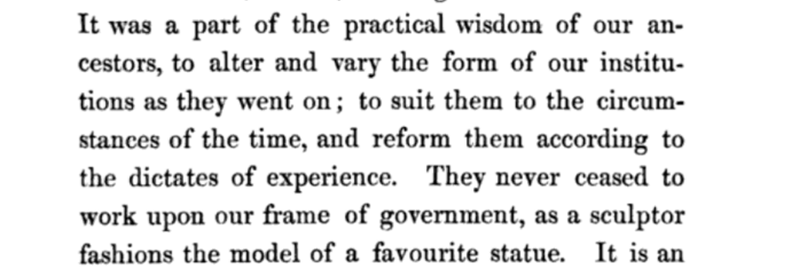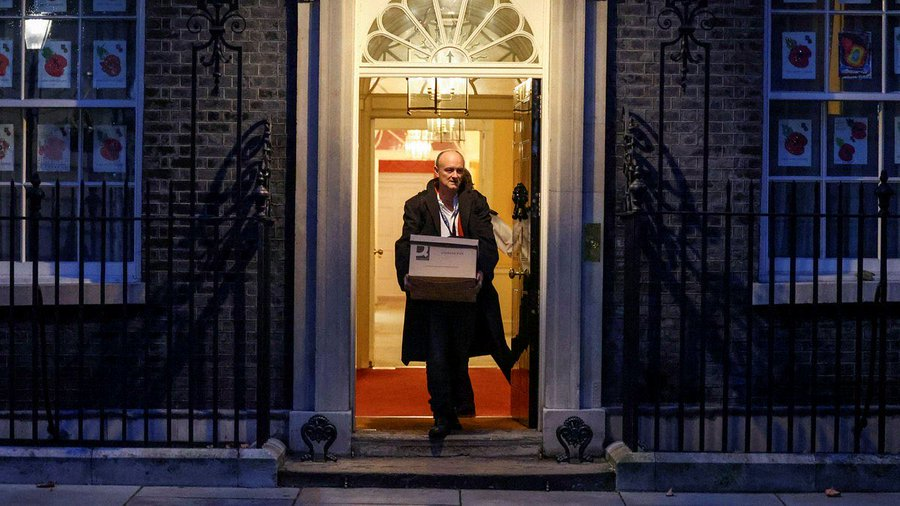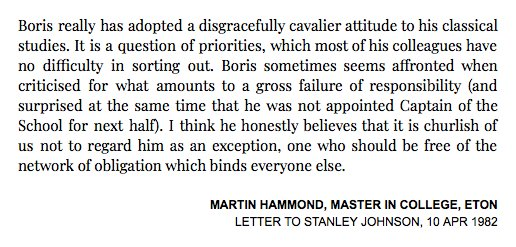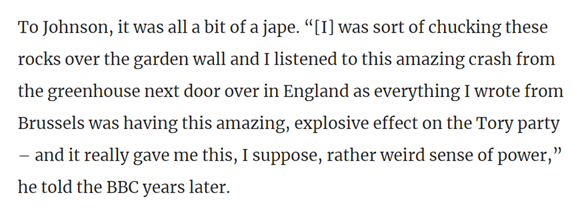
"The Brexiteers’ definition of sovereignty has always been the core of the problem. It is the greatest failure of the Remain campaign that they scarcely engaged in, let alone won, this battle". blogs.lse.ac.uk/brexit/2020/11…
This was not a mistake made by Remainers in the 1975 referendum. Pro-Europeans made a compelling argument that, in a modern, globalised world, sovereignty could *only* be defended by pooling decision-making across national borders. 

As Margaret Thatcher told voters in 1975, the idea that Britain could "regain complete national sovereignty" by withdrawing from the EEC was "an illusion". "Our lives would be increasingly influenced by the EEC, yet we would have no say in decisions which would vitally affect us" 

If we are really going to collapse trade talks with the EU in order to defend our "sovereignty", we should think carefully about what "sovereignty" means in the modern world & how much "control" we can exercise on our own. I wrote about this here in 2016. gladstonediaries.blogspot.com/2016/06/sovere… 

• • •
Missing some Tweet in this thread? You can try to
force a refresh









